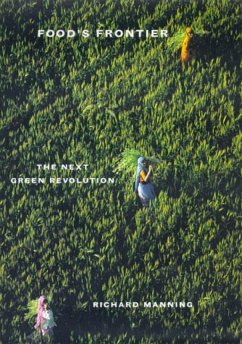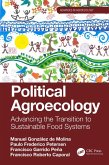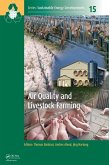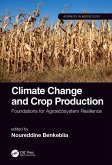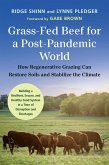An eye-opening look at how the world will feed itself in the coming decades
By now it is clear that the techniques of the first "Green Revolution" that averted mass starvation a generation ago --pesticides, chemical fertilizers, focusing on a few key crops--are threatening the food supply for future generations. Interestingly, the solution to this dilemma seems most likely to emerge from the still-developing world, where alternative methods and philosophies, based on indigenous knowledge and native crops as well as genetic engineering and other technological advances, are still possible.
Richard Manning reports on this emerging Green Revolution, placing it in social and political context, and presenting some surprising and controversial solutions to this most pressing environmental problem.
By now it is clear that the techniques of the first "Green Revolution" that averted mass starvation a generation ago --pesticides, chemical fertilizers, focusing on a few key crops--are threatening the food supply for future generations. Interestingly, the solution to this dilemma seems most likely to emerge from the still-developing world, where alternative methods and philosophies, based on indigenous knowledge and native crops as well as genetic engineering and other technological advances, are still possible.
Richard Manning reports on this emerging Green Revolution, placing it in social and political context, and presenting some surprising and controversial solutions to this most pressing environmental problem.
Dieser Download kann aus rechtlichen Gründen nur mit Rechnungsadresse in D ausgeliefert werden.

